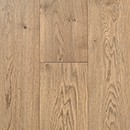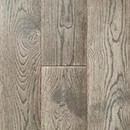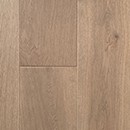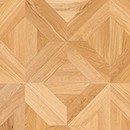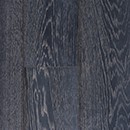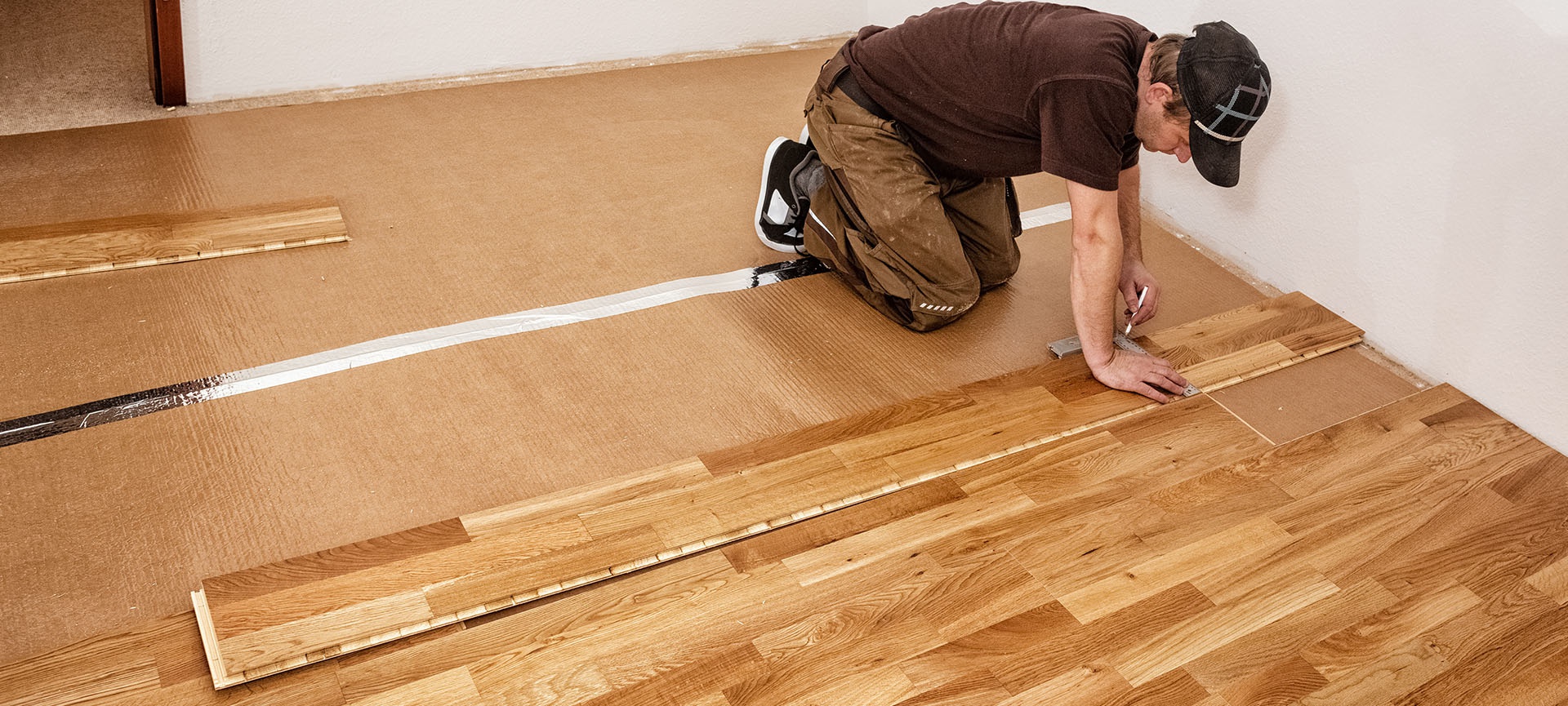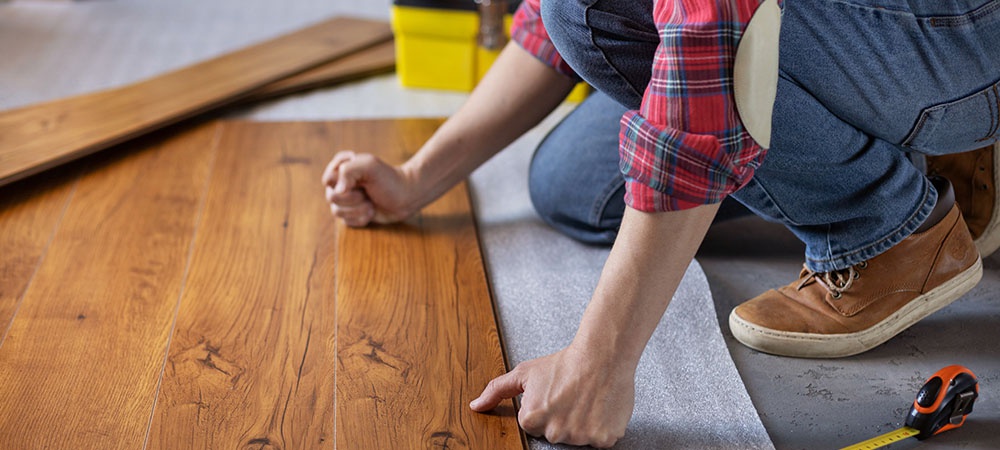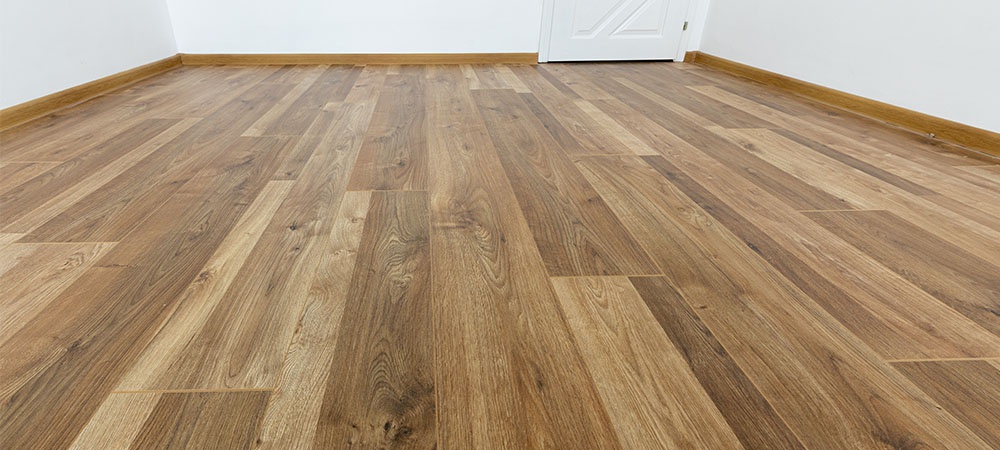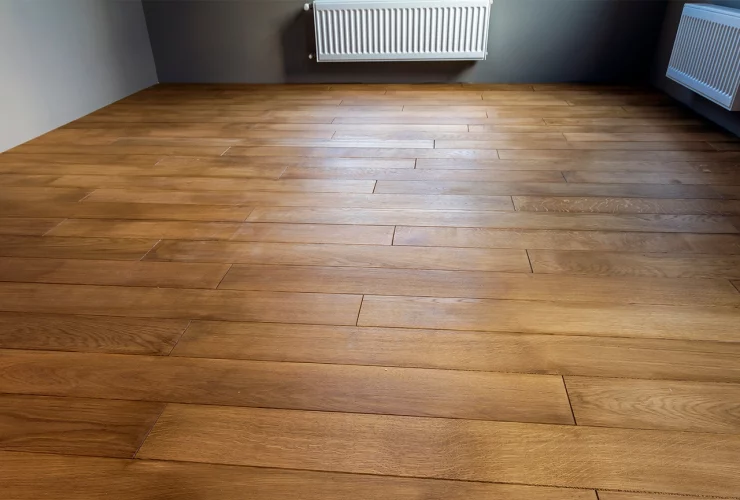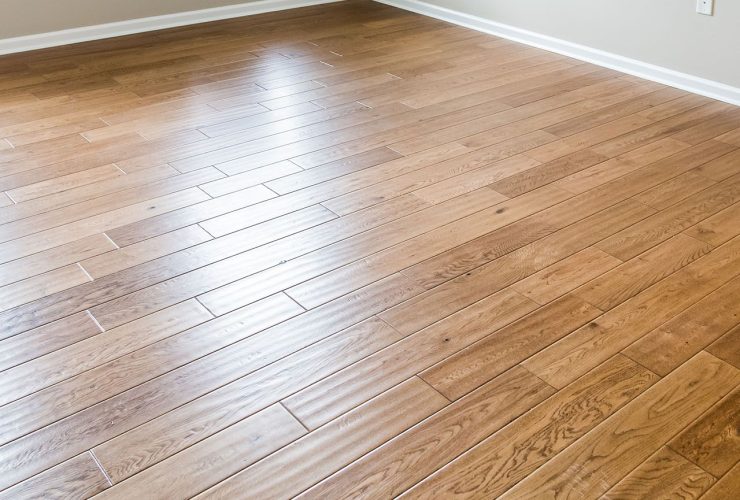How Much Does It Cost to Install Engineered Hardwood Floors?
The cost to install engineered hardwood floors is more accessible than ever before. One reason you would even think about replacing portions or the entire floor is when there are damaged areas. Another is to change the theme or design of the living space. At any rate, you should consider engineered hardwood flooring for plenty of compelling reasons. As you will also find out, the cost of installation is also affordable.
How Much Does It Cost to Install Engineered Hardwood Floors?
To get a formal quotation, we recommend that you contact us so that we can properly evaluate your house requirements. However, to give you an overview of the cost per square foot or total cost for such installation, we will need to consider the average costs used in the current market.
Factors Affecting The Cost To Install Engineered Hardwood Floors?
The cost to install engineered hardwood is affected by the following variables:
Flooring Style
The cost of engineered hardwood and flooring styles go together. Your flooring style choice significantly influences the home’s appearance. This factor also impacts installation costs.
Contractors will charge more for contemporary designs due to them being trendy. Therefore, you should seek a contractor’s input before settling on a design. You don’t want to go for a trending design which may lose relevance or quality in months.
Conversely, never let yourself be sidetracked by a fleeting fad at the expense of quality. Instead, choose timeless designs if durability is a priority.
Homestyle
The cost of installation of engineered hardwood may also rise depending on the home where installation is taking place. Therefore, you should consider the home’s style and its unique features.
You may have no issues if you live in a bungalow. But you may need soundproofing if residing in a storey building and staying upstairs with people occupying the apartment beneath yours.
Subfloor Type
It’s essential to consider the subfloor when calculating the total cost of installing any type of flooring, whether vinyl or engineered hardwood. Concrete and wood products are both viable options for subflooring.
And putting in place the required treated sub-flooring is an expense that adds to hardwood installation costs. Also, the subflooring type will determine the adhesive you use. And this will also impact the overall cost.
Time And Effort Required
The cost to install engineered hardwood depends on the time required. Refinishing existing flooring is an easy and inexpensive way to upgrade your home’s look. You can try vanishing after thorough cleaning and sanding to achieve a completely fresh appearance.
However, there may be a need to double up on input if you’re hoping to transform your dull living quarters into something spectacular.
As such, the installation price may rise due to extra labour required. Additionally, structural issues or water damage can impact the cost of installing engineered wood flooring.
Total Flooring Square Footage
The cost to install engineered hardwood floors per square foot varies widely across flooring installation contractors. As a result, the price range for installing engineered hardwood flooring is greater than that of other common flooring types.
Unfortunately, the expense of the installation will rise in tandem with the size of the renovated space. Therefore, replacing the flooring in your entire home is unnecessary just because you’re doing renovations. You can save money if you simply floor just one room during the upgrades.
Labour Expenses
The cost to install engineered hardwood floors rises with labour expenses. Engineered hardwood installation isn’t something just anyone can install. Instead, a team of licensed professionals should assist you. After material expenses, the cost of labour is the second-largest item in the overall budget for engineered hardwood installation.
A contractor will visit your home to assess installation factors. Then they’ll figure out how much to charge. They’ll check if you need to remove the old covering to create a way for the new material. But, of course, you’ll pay more if that’s the case.
Also, the area size to be worked on will determine labour costs. Therefore, expect the price to go up if the installation demands many man hours.
What Are Engineered Hardwood Floors?
Human ingenuity knows no bounds – that much is evident with the variety of materials used to manufacture floors. Flooring materials cost money, labour costs money – manufacturers are focused on developing and using synthetic materials.
These flooring options are cost-effective but might have questionable durability in areas that have extreme climate changes. It is important that you first consider your location, making sure to choose a type of flooring that could withstand possible external factors that could cause damage.
If the quality of flooring material is a primary consideration, then hardwood would be an excellent choice. Its appearance blends perfectly into practically any type of house design. More importantly, offers flexibility and is highly durable.
Hardwood comes from deciduous trees. These trees have a slow growth rate, a trait that makes the wood denser. Being denser and having a complex structure are the reasons why hardwood is durable and strong, making it the perfect material for flooring. However, one possible downside to natural hardwood is that it comes at a premium price.
As technology advanced, the engineered hardwood flooring type was created to substitute solid wood flooring due to lower cost. Solid hardwood flooring is made from a solid piece of wood that does not use layering for its formation.
On the other hand, engineered hardwood flooring is made by layering (each layer is called a ply) different materials, consisting of real wood and plywood, before binding them together with adhesive. On average, each plank or panel consists of 6-8 veneer plies.
The top layer consists of a real hardwood veneer. The durability and strength of engineered hardwood flooring will depend on the materials, the number of plies, positioning, and the adhesive used.
Installing Hardwood Floors
Before deciding to install engineered flooring yourself, we advise you to consult first a professional so that the area could be evaluated properly. This helps save you from buying more material than you need. Also, if it is possible, consider having professionals do the actual installation to make sure that the job is done properly. It saves you the headache of re-doing some areas or using more materials.
So, the first thing to be done is for you to determine the actual sizes of the engineered hardwood planks you will need for each area. If some planks need to be cut shorter, it is recommended that you use a floor saw with carbide-tipped blades. This ensures that the cut will be straight since engineered hardwood is hard due to its multiple plies.
The next step requires you to prepare the subfloor. The subfloor needs to be cleaned thoroughly before placing engineered wood flooring. When everything is ready, start placing each piece onto the subfloor. To secure the boards on the subfloor, use staples and nails as needed.
Note: Applying a sealant like polyurethane makes solid or engineered hardwood floors last longer. It would take 24 hours to dry.
Advantages Of Using Engineered Hardwood Flooring
The material and installation costs should not be the only factor that you need to consider when deciding on which flooring to use for your house. You must evaluate several factors before you can finally say that you prefer to use one type of flooring. Below is a list of advantages why engineered hardwood floors can be the best option for your needs:
- It is cheaper than solid wood flooring. This is primarily due to the difference in their composition. Solid hardwood flooring is made purely of solid wood material. Engineered hardwood is composed of layers of high-quality veneer plies.
- Even though it is less durable than solid wood, engineered hardwood is more resistant to heat and moisture. It does not expand and contract as much as solid hardwood. So for areas that have regular climate changes, it is the better alternative.
- Engineered wood is more flexible and can be installed in different areas of the house. It does not require the subflooring to be made of plywood and can be installed directly on concrete.
- With the top layer made from solid hardwood, it still radiates the natural beauty of solid hardwood flooring.
- It is easy to maintain and clean.
Engineered Hardwood Floor Installation Cost Is Worth It
You can never go wrong with wood floors as it blends perfectly with most house designs. In addition, its excellent quality makes it worth its price. Engineered hardwood flooring has dramatically improved with new technologies and techniques used in its manufacturing.
The aesthetics, cost-effectiveness, and durability make engineered hardwood floors a great choice for you. In addition, it is known that hardwood flooring gives your house a higher market value. So by looking at future opportunities, you are assured that your flooring alone will help the value of your house.
Lastly, you should also consider having professionals do the job for you. Security, health, and quality of work are benefits that will certainly outweigh the costs you incur on hiring a professional team.
Professionals will not just blindly do the job because they are concerned about the customer’s satisfaction. They are there to help you achieve your dream. When you have decided to use engineered hardwood flooring, please do not hesitate to contact Three Trees Flooring at (416) 665-2624. We are always available to support you with your flooring needs.


